When Mikayla Cahill was 23 she had her testes surgically removed. She is one of many intersex people who have been operated on so their bodies fit binary ideas of what male or female bodies “should” be like. But Mikayla felt proud and healthier with her testes, and is now questioning why she couldn't live her life with them intact as an intersex person.
While other 11-year-old girls were being taught how to use pads and tampons, Mikayla Cahill learned she would never get her period. Not long after, she found out she would never be able to conceive a child either.
But it wasn’t until she was 15 when she was told the reason why.
“I came into my specialist’s office, he pulled out this piece of paper and told me ‘you were meant to be born a boy’,” the now 26-year-old says.
Mikayla was born with an intersex condition called complete androgen insensitivity syndrome.
This means she started to develop as a male foetus, but her body’s receptors couldn’t process testosterone, the primary sex hormone in males. Instead, her body naturally converted it to oestrogen, the primary sex hormone in females.
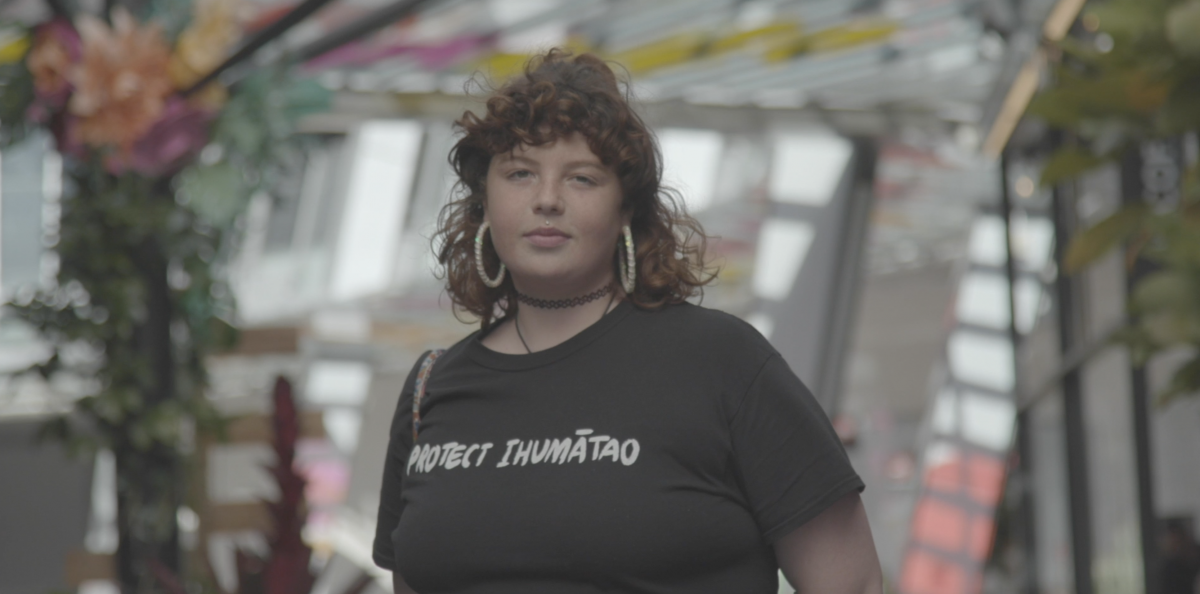
That’s why Mikayla has the physical appearance and hormonal makeup of a female. But she was born with the XY chromosomes of a male, undescended testes inside her abdomen, and no uterus, ovaries or fallopian tubes.
Two years ago Mikayla had an irreversible surgery to remove her testes, which she immediately regretted.
Doctors had told her she had a 30 to 35 percent chance of developing male-type cancers if she did not have her testes removed. But studies report conflicting results about cancer risk, estimating it to be as low as 0.8 percent to as high as 35 percent. She was not given any individualised tests to assess what her personal risk would be.
Mikayla suspects the decision to recommend surgery may have been partly driven by a medical view that intersex bodies need to be “fixed”, rather than an accurate individual risk.
She has been left questioning whether she really needed the surgery, and why intersex bodies are not left as they are.
But more than anything, she wants to know why doctors told her to keep her intersex condition a secret, and why she was left feeling like she was the only person like her who existed.
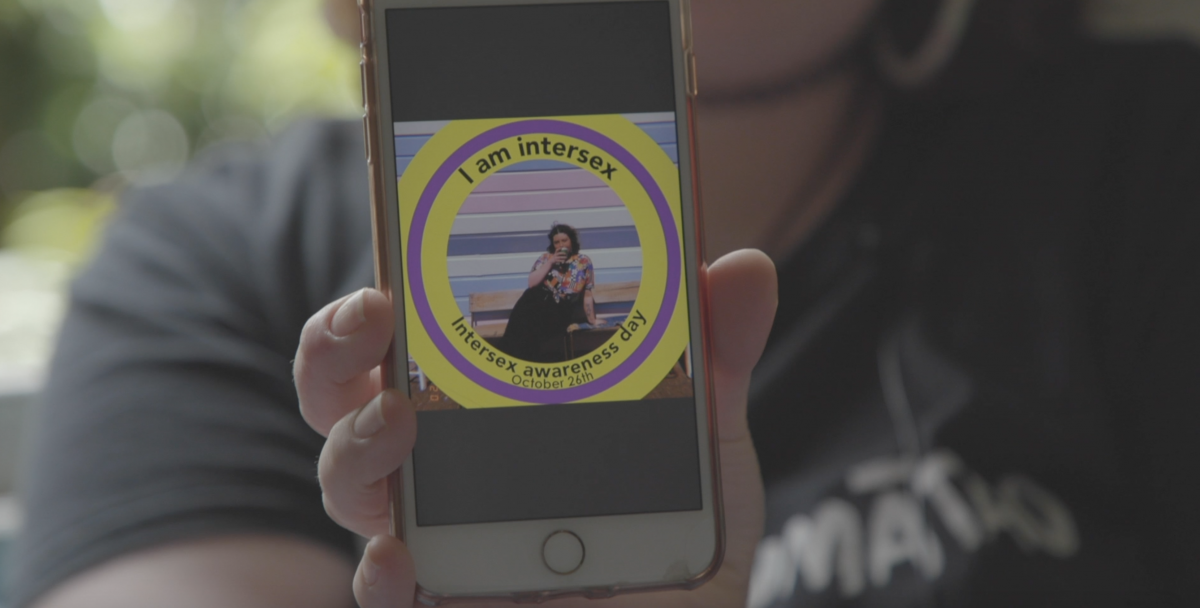
Intersex people and “normalising” surgeries
Mikayla’s condition is one of many that come under the umbrella definition of intersex.
An intersex person is anyone born with chromosomes, hormones, or sexual or reproductive anatomy that does not fit the binary definitions of “female” or “male” bodies. In other words, a child can be born with traits or variations that make it hard for a doctor to tell if they are a boy or girl because they are both, or neither.
While Mikayla’s specific condition is rare - around one in 20,000 to one in 99,000 births - the UN estimates 1.7 percent of the global population are intersex, which is the same amount as people born with naturally red hair.
Many intersex people have had so-called "normalising" surgeries performed on them. One of the main objectives of these surgeries is to make the patient fit the normative definitions of male or female bodies due to perceived fears that ambiguous bodies will not be socially accepted and could negatively impact the intersex person’s wellbeing.
Some surgeries also have additional objectives, including facilitating fertility, urination or menstruation, or in Mikayla’s case, to reduce the cancer risk of undeveloped sex organs.
It's difficult to measure exactly how widespread the practice is, due to the secrecy and irregularities in recording these surgeries. In New Zealand, there is no specific registry for intersex patients. But these normalising surgeries range from cosmetic procedures that change the appearance of external genitals like clitoris reduction surgeries, to gonadectomies where testes or ovaries are removed completely.
This treatment has been considered standard practice for 60 years after the controversial work of John Money, an internationally-renowned psychologist from New Zealand, argued children need unambiguous genitalia to have a stable gender identity.
But recently, these surgeries have been heavily criticised after growing evidence intersex people are left with severe psychological distress and physical complications which result in several more surgeries. That’s why there are mounting calls for intersex bodies to be left as they are.
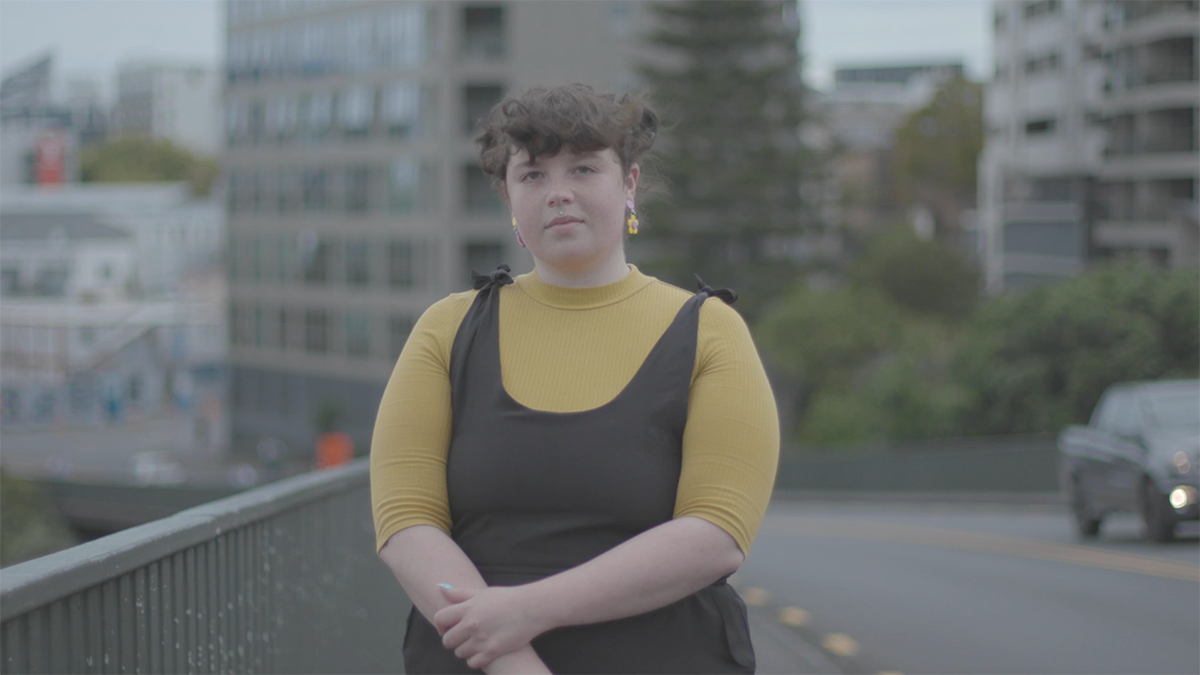
Mikayla’s surgery
After being told by her doctor at the age of 15 she was meant to be born a boy and that she needed surgery to remove her testes to reduce the risk of male-type cancers, Mikayla spent the next eight years grappling with her identity.
“Growing up I knew my body was different,” she says. “But that gave me a lot of pride and a really strong sense of self.”
Over time she grew to not only accept, but love the idea that she could both be a woman and an intersex person with testes.
“I learned to be proud of who I am. I worked relentlessly to celebrate my body for its difference. Because what's the point in not loving yourself? Especially when you've been told you are different your whole life, you kind of have to, otherwise no one else will.”
But in 2018, after the then 23-year-old had been experiencing painful hernias, she says doctors started to put pressure on her to have the surgery.
Mikayla was told that she had a 30 to 35 percent chance of developing cancer with her testes intact. But studies show the cancer risk for her condition can vary anywhere from as low as 0.8 percent to up to 35 percent. Despite this, she says she wasn’t given any individualised screening or tests like a biopsy.
Biopsies, which are the removal and analysis of tissue or cells, can help produce more accurate risk estimates, but sometimes patients like Mikayla are not offered this option or any other routine testing. Instead, doctors use a blanket cancer risk assessment, where they assume everyone with undescended testes faces a 30 to 35 percent risk of developing cancer.
Mikayla says she was never given an option to treat her hernias independently. She was only given the option to fix her hernias as an addition to the testes-removal surgery.
She was put on a six-month waiting list which she says would have given her time to research the surgery and decide whether or not she wanted it. But only two months in, Mikayla was told she was bumped up the list and now only had two weeks to decide. She says she felt rushed and pressured to have the surgery and was told that if she didn’t, she might not be put back on the waitlist.
“I was scared. It felt like now or never and so my ability to make a really informed choice around a life-changing surgery was essentially taken away. And so I said yes because I was scared I would get cancer. That’s all doctors really talked about.”
“I woke up out of the surgery and I just felt hollow,” she says. “I just felt like everything that I had worked to love myself about and everything that made me special had been taken away from me.”
The microscopic operation removed the undescended testes from her abdomen. Because she does not have ovaries, this left her without any sexual organs and unable to produce her own oestrogen.
This means at 26, the surgery has left Mikayla in a permanent state of menopause and she is now reliant on hormone replacement therapy for the rest of her life - a treatment she says makes her feel uncomfortable in her own skin and has triggered mental health breakdowns.
But going off the hormone replacement therapy would put her at risk of osteoporosis, where her bones would become weak and brittle, cardiovascular disease, and mental health conditions like bipolar.
“It is mainly frustrating because my body was good before. It produced its own oestrogen. I was healthy,” says Mikayla.
“Now that I know how it feels to live without my testes and on hormone replacement therapy, I would rather live with the risk of cancer. I would only have had the surgery if it was life-saving, but I can’t go back now.”
Why couldn’t Mikayla live her life with testes?
“There is a risk of undeveloped gonads getting cancerous,” says Dr. Kate Baddock, the deputy chair of the New Zealand Medical Association. “Testes are designed to be at a cooler temperature than the rest of the body. When they are contained within the body they are subject to higher temperatures which increases their mutagenic potential, they are more likely to become cancerous.”
“But obviously what was missing in that conversation, was the question: ‘what would you like to do about that risk?’”
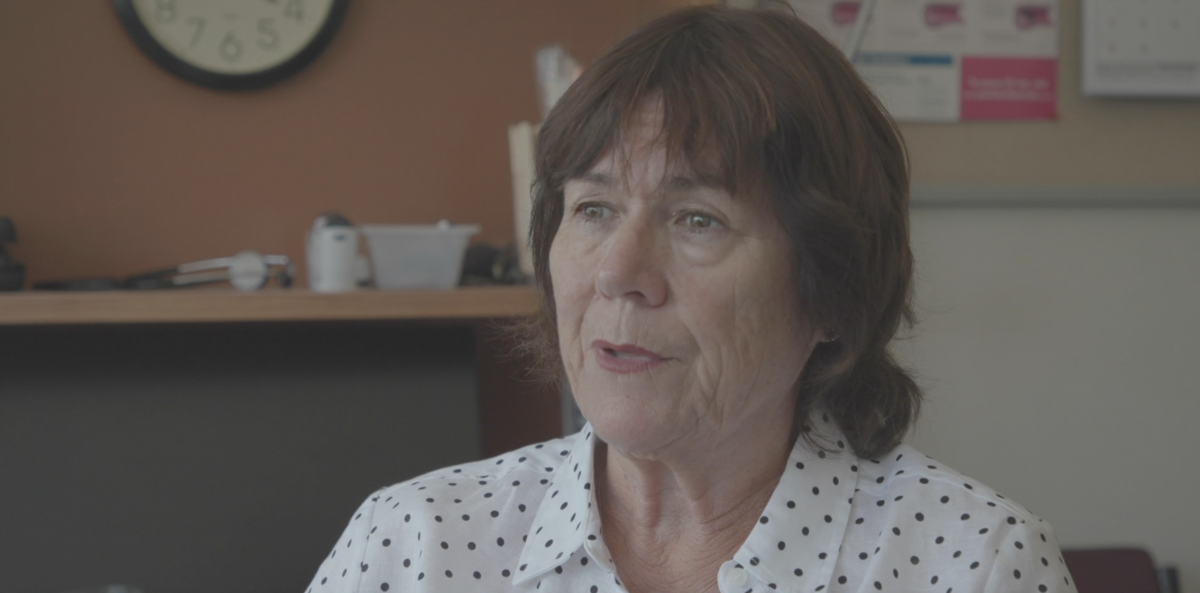
Thousands of studies have investigated the link between undescended testes and cancer. Many of them found there is some sort of risk. But what isn't so clear is what this risk actually is.
The exact incidence of cancer for Mikayla’s condition, Complete Androgen Insensitivity Syndrome (CAIS), is incredibly difficult to estimate. An estimated 85 percent of CAIS patients have their testes removed before adulthood, so the true risk of keeping them intact is difficult to measure.
Studies report conflicting results. One study reported the tumor risk is greater than 30 percent if testes are retained into adulthood, while another said the risk could be as low as 0.8 percent, or as high as 22 percent.
Another study from 2019 found the risk is less than 1 percent. Although risk does increase with age, the study suggests invasive tumors were “very infrequent” and “probably takes place only in late adulthood.”
With such different cancer risk estimates, how do we know what to trust?
A major report by the Australian Parliament’s Senate Committee on the cancer risk for intersex conditions found the overuse of blanket cancer risk estimates means “the complexity and diversity of cancer risk can become oversimplified” and the perceived risk of cancer is often “elevated”.
Organisation Intersex International (OII) found in the same investigation, that as a result, internal gonads are being unnecessarily removed from low-risk individuals, sometimes when they are infants and unable to decide for themselves.
The report says surgeries “stated to be based on probabilities of cancer risk” might actually be influenced by “other factors, such as the desire to conduct normalising surgery”, and they were “disturbed by the possible implications of this.”
As a result of these surgeries being seen as “medically necessary” surgeons have gone ahead with non-emergency surgeries on non-consenting or uninformed intersex people without careful deliberation.
While the risk is there, and, understandably, health professionals see removing testes as in the patient's best interest because it can prevent the risk altogether, Mikayla says the way this conversation between doctors and intersex patients is being had needs to change, especially when it comes to the bodies of intersex children.
There’s a growing movement against surgery on intersex children
While Mikayla had surgery when she was an adult, she is part of a number of people protesting surgeries performed on intersex children.
“This idea of bodily autonomy is so fundamental, everyone has it at birth,” says Mikayla. “Your bodies are yours and no one else's. But intersex people as a community don't really have that, especially if you're born with anatomical differences.”
“Sometimes doctors will tell parents their child needs surgery right after birth, or within the first few months.”
Recently there have been global calls to ban surgeries on intersex children until they are old enough to give informed consent, with some of these calls reaching a parliamentary level. California is on its way to being the first state in the US to ban “medically normalising” surgeries on intersex infants.
Intersex advocates, including Intersex Awareness New Zealand, believe normalising surgeries on children who are not old enough to give consent take away the intersex people’s bodily autonomy.
But in New Zealand, no law protects intersex children from these surgeries, despite the United Nations deeming them to be a form of “torture” and numerous studies detailing how they can have devastating psychological impacts.
In 2020, the Crimes Act was amended to make Female Genital Mutilation - the cutting of female genitals for no medical reason - illegal. But the Asia Pacific Forum of National Human Rights Institutions says the laws and policies that prohibit female genital mutilation in New Zealand may actually give explicit permission for genital surgeries to “normalise” the bodies of intersex people.
This is because the Act states that any medical or surgical procedure (including sexual reassignment surgery) can be performed if it is “for the benefit of that person’s physical or mental health.”
When asked by Re:, a Ministry of Health (MOH) spokesperson refrained from commenting on whether there needed to be law reform to criminalise surgeries on intersex children who can not give consent.
However, they did state the MOH created new guidelines for the treatment of intersex patients last year. “Assigning sex at birth used to be done routinely where there is clinical uncertainty but this is no longer the accepted approach.”
“The guidelines, which set the expected standard for medical practitioners, state that non-emergency surgery to determine sex should not be performed at birth.”
Mikayla’s specialists didn’t pressure her to have surgery as a child - they waited to recommend surgery until after puberty. But she says even as adults intersex people can feel like they don’t have complete bodily autonomy.
“Growing up, and having doctors look at your body and say, ‘Oh, this isn't right, you're gonna need surgery’, you kind of get used to people telling you what they need to do to your body for you to be healthy. And so from a very early age, intersex people don't have that sense of control over their body.”
She says the best way for intersex people to gain this control is to be able to connect with other intersex people. But with the shame and secrecy that still surrounds being intersex, Mikayla felt like she was the only one.
Feeling pressured without support
“Doctors usually tell us not to tell anyone because they won't understand because everyone in school is taught there is only female and male, XX or XY,” Mikayla says. “They don't want us to be ridiculed.”
“So I felt isolated, like I was a freak.”
But then she met Georgia Andrews.
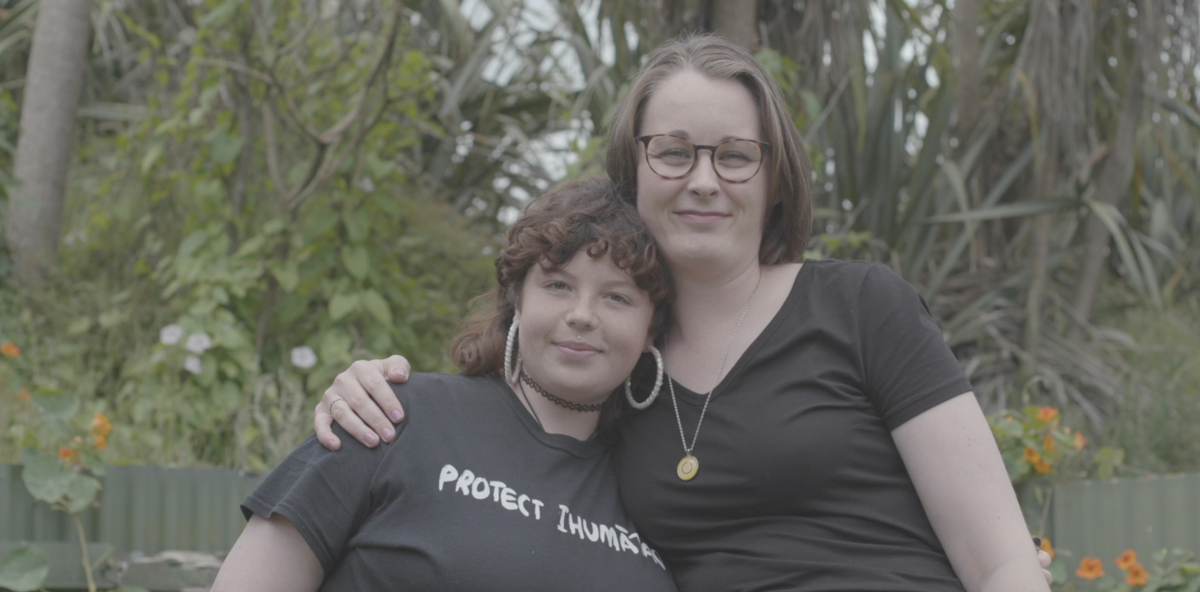
Georgia is a 28-year-old support worker. As a 16 year old, her persistent headaches puzzled doctors, who thought she might have had brain cancer. It wasn’t until multiple tests later that they realised she was intersex.
In 2009, just two months after her diagnosis, Georgia had her testes removed from her abdomen. Like Mikayla, she was told she had a 30 percent chance of getting cancer if she didn’t.
Just like Mikayla, Georgia went through life-changing surgery feeling alone and thinking there was no one else like her. She says she was never offered peer support or referred to any intersex community networks to consult with, or just talk to. Instead, she says doctors told her there was no one else like her and was encouraged not to tell others about her intersex diagnosis.
“I felt really guilty about talking to Mikayla because I'd been told by my doctors not to talk or to reach out to anyone because nobody like me exists,” says Georgia. “But then there she was in front of me.”
After a gruelling medical journey of multiple misdiagnoses and serious complications during surgeries, Georgia requested her medical records from her surgeon to try and understand what her body had been through. It took nine months of persistence until her medical records were handed over.
In those notes she found email correspondence between her specialist and clinicians overseas, saying “I don't know what to do to support Georgia” and “I'm feeling really lost here.”
“It just frustrates me,” says Georgia. “I felt so alone, and I didn’t need to.”
Aware of the impact peer support could have had when she needed it most, Georgia compiled a list of intersex peer support groups and handed it to her doctors, hoping they would pass it on to other intersex patients.
But she says her doctor told her “I am not going to share these because I can’t trust the information that people are going to be given.”
“How many other people are being told that?” she asks.
“If you were told by a doctor that you were getting a breast cancer diagnosis, you would get offered information about different support networks to choose from, but they don’t give us this option,” says Mikayla. “And they know there are psychological impacts of the surgeries.”
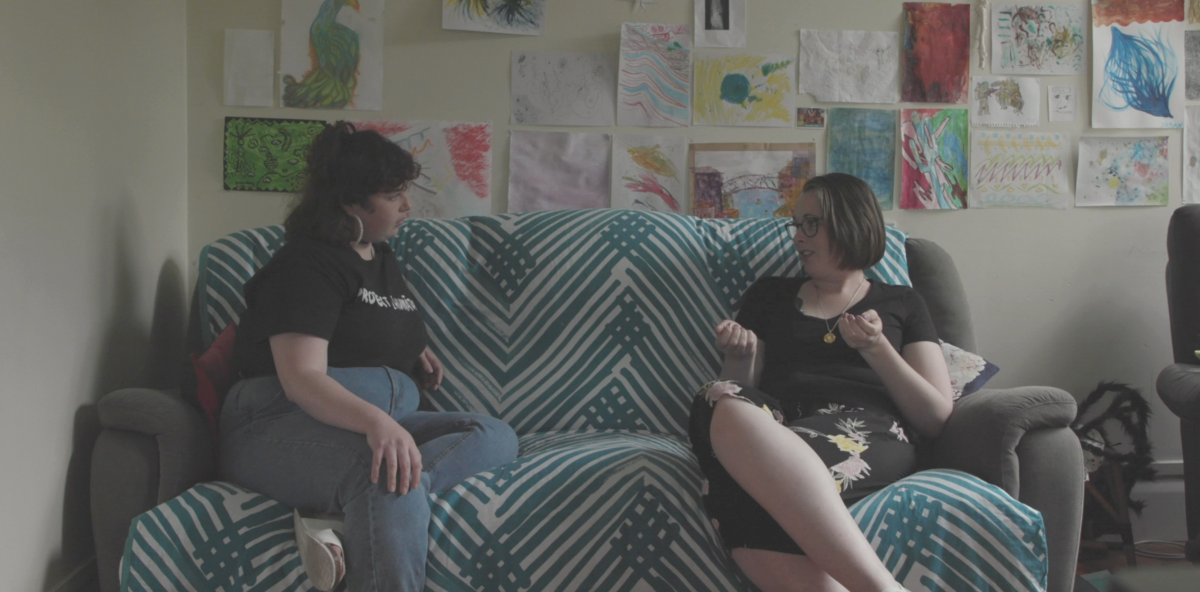
Mikayla says that being able to meet Georgia, or another intersex person earlier could have completely prevented the isolation and trauma she experienced.
“But I don’t want to just sit here and berate them,” she says. “I’m past that, it’s not about them. What I want is for [the medical specialists] to acknowledge their mistake and just listen to us.”
“Because the first step to providing correct healthcare for intersex people is letting them know that they are not alone.”
“The moment they know they are not alone, they have a lot more control over their bodies.”
Why is there enduring secrecy around intersex bodies?
“Society is more comfortable with people being either male or female and the medical profession has reflected that societal attitude,” says the New Zealand Medical Association’s Dr. Kate Baddock. “Now if societal attitudes change, so will the medical profession.”
“So there is absolutely an element of secrecy, but it’s not a medical secrecy.”
Health professionals around the world now agree there is “insufficient evidence” that growing up with atypical genitalia leads to psychological distress. So why is the medical sector still relying on society’s apparent ‘discomfort’ with ambiguous bodies to inform their treatment of intersex people?
Mikayla and Georgia both say the best approach to intersex health care is transparency and allowing intersex people to have control and autonomy over their bodies. But they say this isn’t possible if intersex people are told to keep their diagnoses a secret and not offered peer support.
The reality is, for many health professionals, medical care for intersex people is an uncharted space. Georgia and Mikayla say that doctors often looked shocked and confused when they told them about their condition. And throughout her training and career as a GP and a board member of New Zealand’s largest medical association, Dr. Baddock says she has not had a “single training session on intersex.”
Dr. Baddock admits she is not sure whether removing extra organs from intersex people so they can be either male or female is the correct way forward. “It has been the way it has been done up until now, but I think the experience of intersex [people] needs to be taken into account here,” she says.
“We need more information. And we need people who are intersex to be open about it. But I appreciate that is going to take a huge act of bravery because they don’t actually know how people are going to respond. But we are not going to change these mores unless we start having the conversation.”
Mikayla agrees it’s crucial intersex people are at the forefront of decision-making when it comes to intersex healthcare. “No one knows our bodies better than we do. We deserve to help inform what happens to them, because a training course can never replace the lived experience of an intersex person.”
But after years of being told by doctors to be silent, Mikayla believes it is now up to the medical profession to create a safe space for this conversation, and make sure intersex people are at the table.
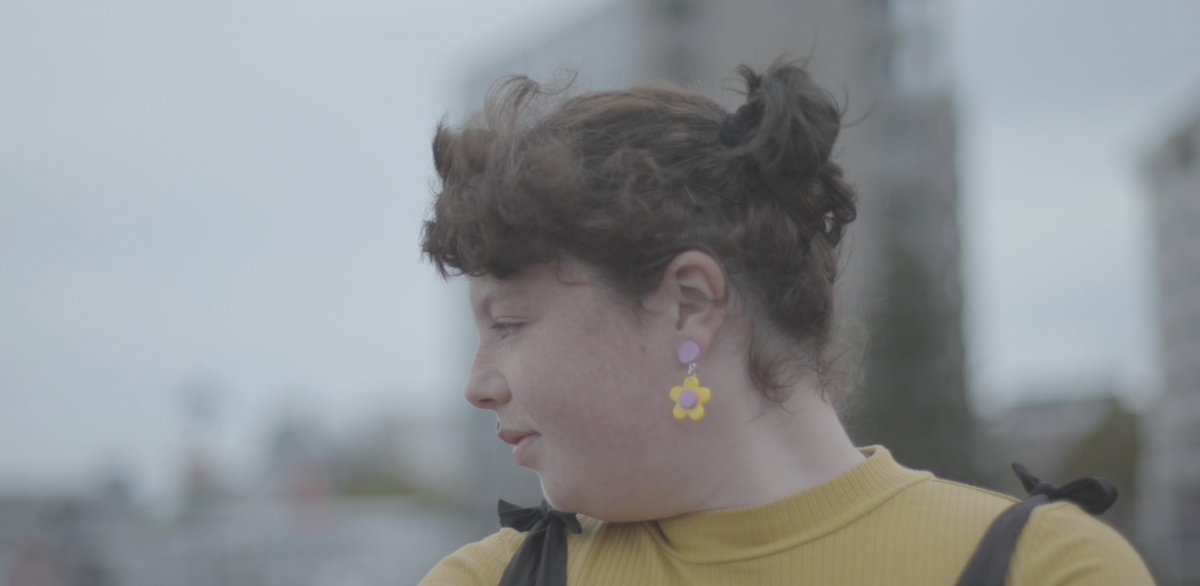
“I chose not to identify myself as intersex for a long time because I had been taught not to talk about it, to just be a woman because it’s easier, it’s better.”
“But I think if 15-year-old Mikayla who had just been told she was meant to be born a boy had actually been told, ‘Your body is different but there is a whole community of people like you. Some of them have had surgery, some of them haven’t. And you can talk to them,’ that would have had an enormously positive impact, on not only my life but also how I view the way the medical world had treated me.”
See more:
We can’t forget New Zealand still discriminates against rainbow communities
Surviving conversion therapy as a young, Māori, takatāpui, autistic person.
A poet, a rapper and a house mother talk about gender diversity
Where to get support:
Intersex Youth Aotearoa – National Intersex youth community network run by Intersex Awareness New Zealand
Rainbow Youth – A support network for sexuality and gender diverse youth in Aotearoa.
OUTline – They have created a resource for families here, and provide free phone counselling (0800 688 5463) and paid Skype counselling.